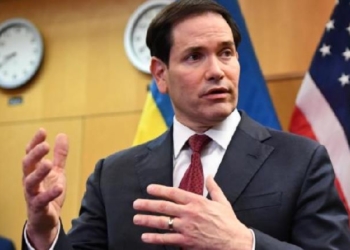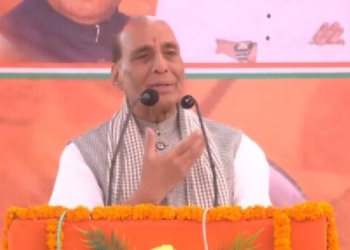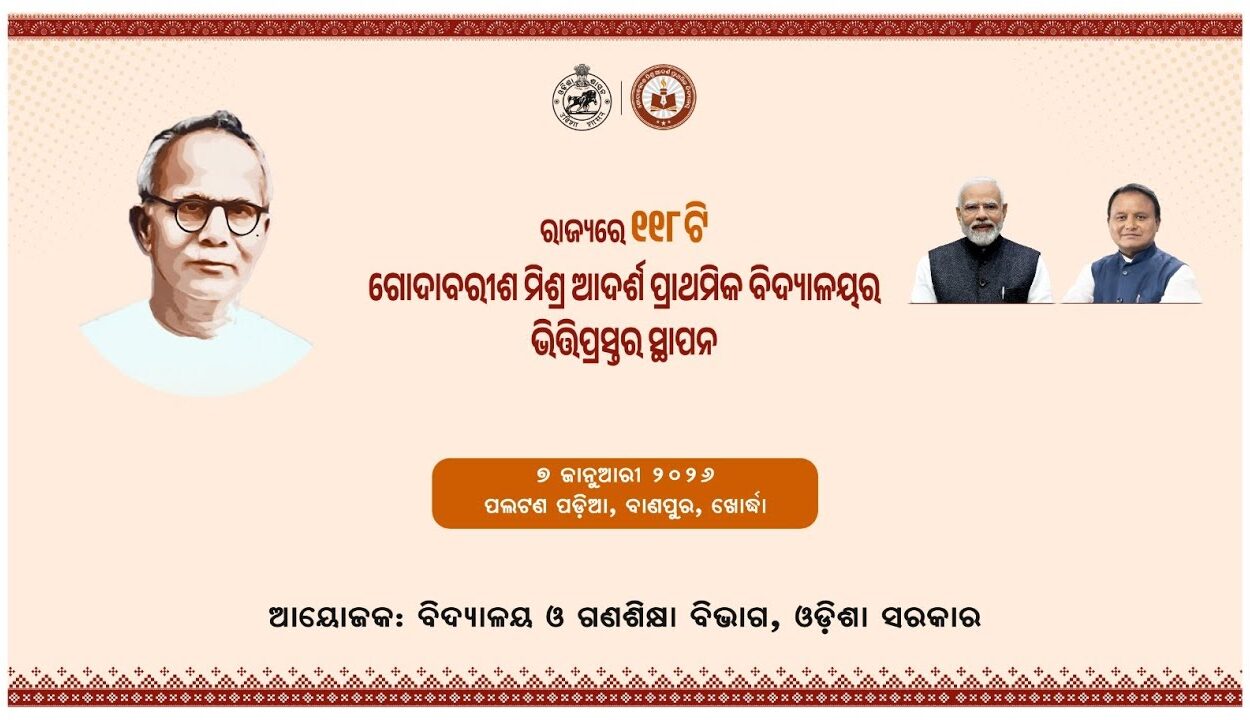New Delhi: In a major boost to India’s research and innovation sector, the government on Sunday announced key reforms to ease financial restrictions and improve the day-to-day functioning of academic and research institutions.
One of the biggest changes is that heads of research institutions will now be allowed to approve global tenders up to Rs 200 crore without requiring multiple layers of approval.
This move is expected to speed up the procurement of scientific equipment and resources significantly.
Addressing the press conference in the national capital, Union Minister of State for Science and Technology (Independent Charge), Dr. Jitendra Singh, said these long-awaited decisions aim to enhance the ‘Ease of Innovation’ and ‘Ease of Doing Research’ across the country.
The Minister added that this historic shift was made possible due to the personal support and encouragement of Prime Minister Narendra Modi, who has consistently backed science and youth-led innovation as key pillars of India’s growth.
Earlier, scientists and research scholars often faced frustrating delays because of financial ceilings and complex procurement procedures.
For example, if an institution wanted to purchase high-end equipment from abroad, it had to seek approvals through long bureaucratic processes, sometimes delaying critical research work by months.
The new rules will now allow institutions to fast-track such purchases, especially those that require global tenders.
Dr Singh said that while more autonomy is being given, it comes with the responsibility to maintain transparency and integrity.
“We are trusting our scientific community to use this freedom wisely. These reforms are built on a foundation of trust and accountability,” he said.
The changes follow strong recommendations from the Economic Advisory Council to the Prime Minister and the office of the Principal Scientific Advisor (PSA), which highlighted how well-intentioned rules were creating bottlenecks instead of supporting scientific progress.
This policy shift also ties in with the National Education Policy (NEP) 2020, which promotes flexibility in education and encourages research-led learning.
Dr Singh emphasised that if students are being empowered to shape their academic paths, research institutions should also be allowed the freedom to support those ambitions.
He pointed out how earlier liberalisation in sectors like space and nuclear had shown great results.
“India’s space sector is now an $8 billion economy and is expected to grow fivefold. We want to replicate this success in the research and development sector as well,” he said.
The reforms are expected to particularly help young scientists, researchers, and startups, many of whom had expressed their concerns on social media about delays and hurdles in funding and procurement.
(IANS)

















